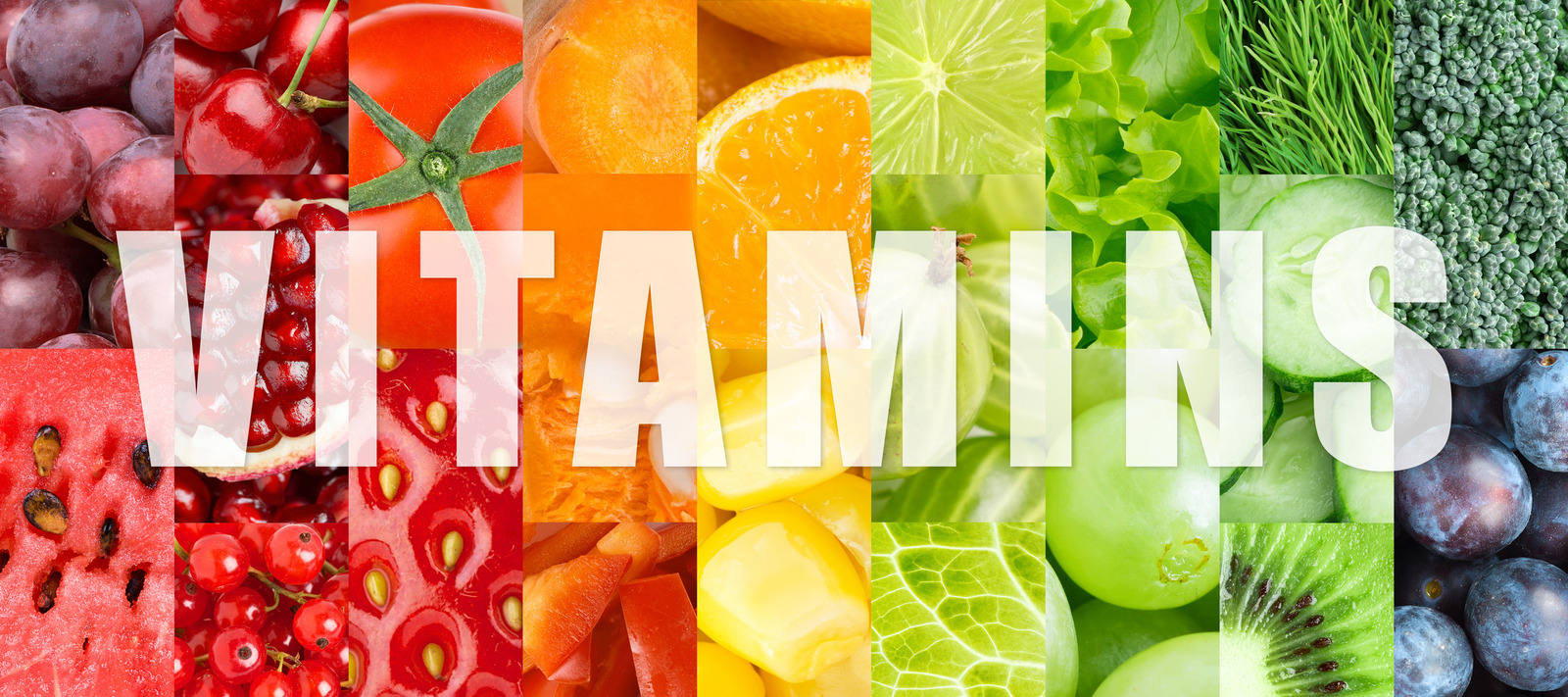The nutritional needs of elderly individuals often differ from those of younger adults due to changes in metabolism, absorption, and dietary habits. While it’s always best to get nutrients from a balanced diet, supplements can play a role in addressing specific deficiencies or supporting overall health. Here are some commonly recommended supplements for elderly people, though it’s important to consult with a healthcare provider before starting any new supplement regimen:
1. Vitamin D
- Importance: Vitamin D is crucial for bone health, as it helps the body absorb calcium. It also supports immune function and may reduce the risk of chronic diseases.
- Sources: Sunlight, fortified foods, and certain fish.
- Supplementation: Many older adults may need a Vitamin D supplement, especially if they have limited sun exposure or difficulty absorbing the vitamin.
2. Calcium
- Importance: Calcium is essential for maintaining strong bones and preventing osteoporosis, a condition that becomes more common with age.
- Sources: Dairy products, leafy greens, fortified foods.
- Supplementation: If dietary intake is insufficient, a calcium supplement can help meet the recommended daily intake. It’s often taken in conjunction with Vitamin D for better absorption.
3. Vitamin B12
- Importance: Vitamin B12 is important for nerve function, red blood cell production, and DNA synthesis. Deficiency can lead to anemia and cognitive decline.
- Sources: Animal products like meat, eggs, and dairy.
- Supplementation: As people age, absorption of B12 from food can decrease, making supplementation necessary for many older adults, especially those following a vegetarian or vegan diet.
4. Omega-3 Fatty Acids
- Importance: Omega-3 fatty acids support heart health, reduce inflammation, and may help maintain cognitive function.
- Sources: Fatty fish like salmon, flaxseeds, walnuts.
- Supplementation: Fish oil or algae-based supplements can provide a good source of omega-3s, particularly for those who don’t consume enough through diet.
5. Magnesium
- Importance: Magnesium supports muscle and nerve function, blood sugar control, and bone health.
- Sources: Whole grains, nuts, seeds, leafy greens.
- Supplementation: Older adults may be at risk for magnesium deficiency due to reduced dietary intake and absorption, so supplementation might be beneficial.
6. Probiotics
- Importance: Probiotics promote a healthy gut microbiome, which is important for digestion, immune function, and overall health.
- Sources: Yogurt, kefir, fermented foods.
- Supplementation: Probiotic supplements can help maintain gut health, especially for those taking antibiotics or who have digestive issues.
7. Folate (Vitamin B9)
- Importance: Folate is essential for cell division and the formation of DNA and RNA. It also helps prevent anemia.
- Sources: Leafy greens, legumes, fortified cereals.
- Supplementation: While folate deficiency is less common in older adults, supplementation may be necessary for those with absorption issues or certain medications.
8. Zinc
- Importance: Zinc supports immune function, wound healing, and protein synthesis.
- Sources: Meat, shellfish, legumes, seeds.
- Supplementation: Zinc supplements can help prevent or address deficiency, which is more common in older adults.
9. Coenzyme Q10 (CoQ10)
- Importance: CoQ10 is involved in energy production and acts as an antioxidant. Levels decrease with age, and supplementation may support heart health and energy levels.
- Sources: Meat, fish, whole grains.
- Supplementation: CoQ10 supplements may be beneficial, especially for those on statin medications, which can reduce CoQ10 levels.
10. Fiber
- Importance: Fiber is important for digestive health, helping to prevent constipation and reduce the risk of heart disease.
- Sources: Fruits, vegetables, whole grains, legumes.
- Supplementation: Fiber supplements, such as psyllium, can be helpful if dietary intake is insufficient.
11. Multivitamins
- Importance: A daily multivitamin can help fill in nutritional gaps, especially for elderly individuals with limited diets.
- Supplementation: Multivitamins tailored for seniors often include higher levels of vitamins D, B12, and other nutrients important for aging adults.
Important Considerations
- Medication Interactions: Supplements can interact with medications, so it’s important to consult a healthcare provider before starting any new supplement.
- Individual Needs: The need for supplementation varies based on individual health conditions, dietary habits, and lifestyle.
- Quality: Choose high-quality supplements from reputable sources, as the quality and efficacy can vary widely between products.
Supplementation, when done appropriately, can play a valuable role in supporting the health and well-being of elderly individuals. However, it should be part of a broader approach that includes a balanced diet, regular physical activity, and routine medical care.






